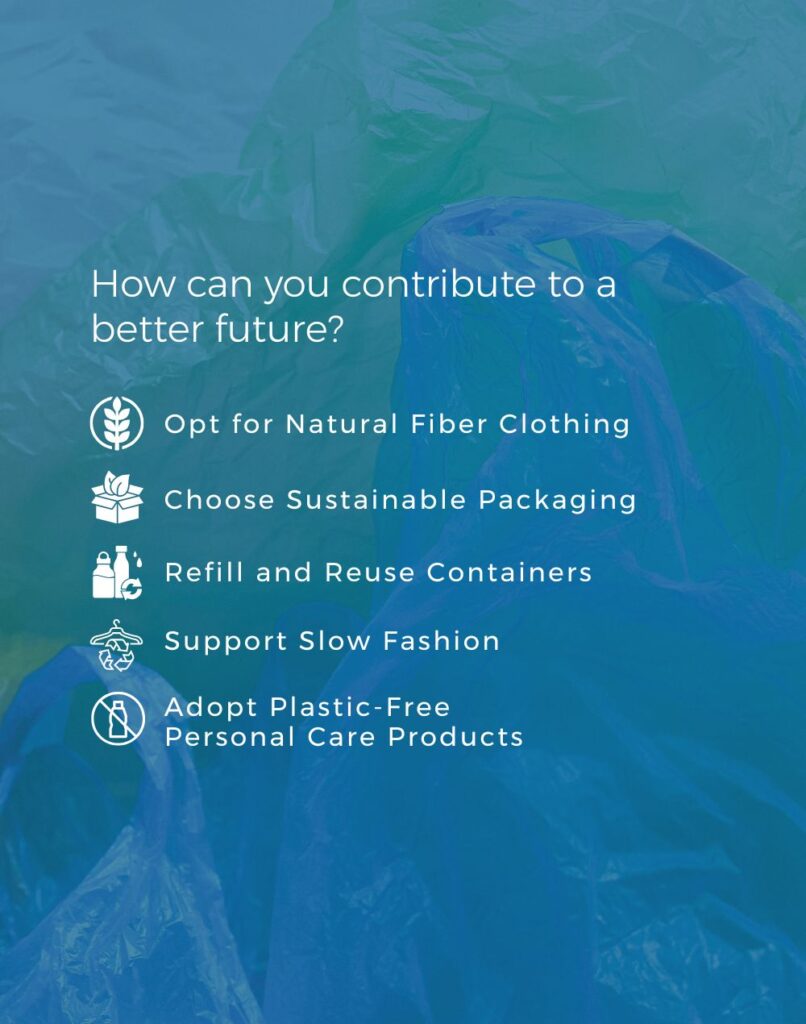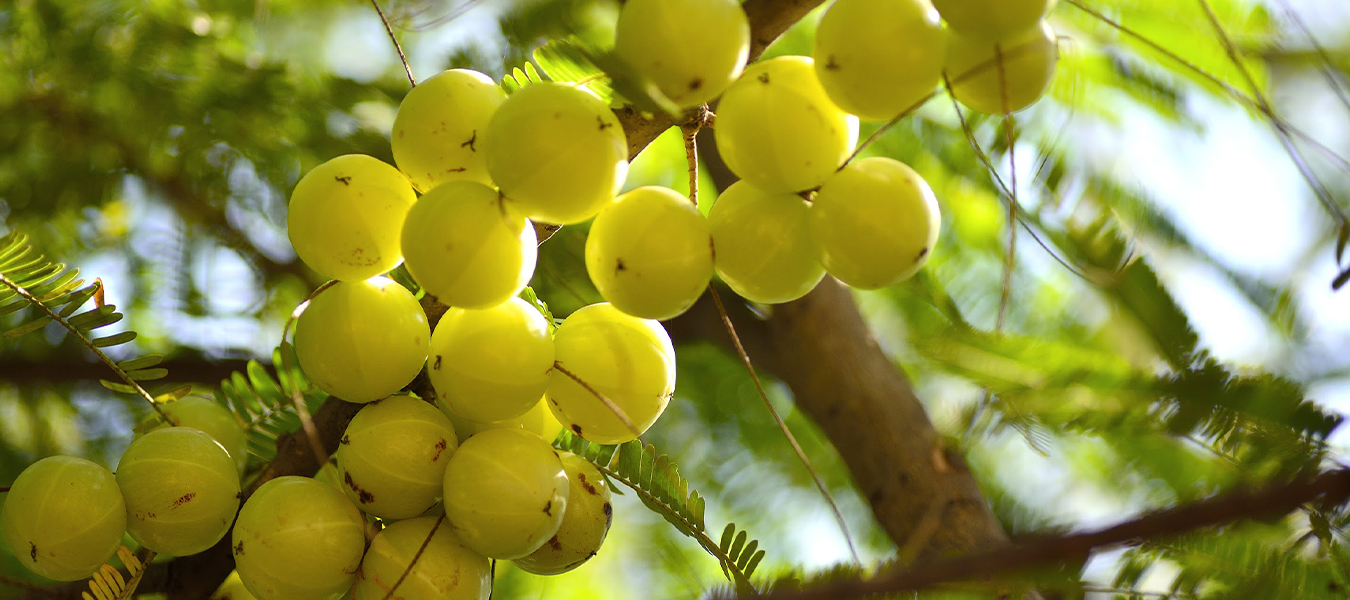Across the globe, the idea of sustainability has shifted from being just a buzzword to becoming a core responsibility. Today, businesses, governments and individuals are either rethinking how they produce, consume and do everything in between all guided by the United Nations’ 2030 agenda, whether it is reducing single-use plastics to supporting circular economies.
What’s become increasingly clear is that change doesn’t always begin with reforms coming from the government, however, at an individual level. It starts with small, consistent steps, thoughtful choices, and a shift in mindset. Whether you’re selecting natural materials, supporting local communities, or eliminating unnecessary waste, your every decision is a step towards sustainable living.
When sustainability is second nature
At Fabindia, many of these values have long been woven into our way of working, years before sustainability became a global conversation. Rather than reacting to the trend, we’ve been walking this path steadily, guided by a deep respect for people, materials, and traditions.
We’ve always leaned toward what felt right, using natural materials, supporting handcrafting communities, adopting resource-conscious methods, and focusing on longevity over excess. These choices weren’t made for recognition, rather, they were made because they align with how we believe business should be done.
Closing the loop, one box at a time
One of the world’s biggest challenges to sustainable living is the packaging waste. According to a report by the OECD, over 141 million tonnes of plastic packaging are produced globally each year, most of which ends up in landfills or oceans, disrupting the nature. In response, industries everywhere are rethinking packaging by simplifying designs, switching to recycled materials, and reducing plastic wherever possible.
At Fabindia, this shift felt natural. For years now, we’ve moved away from plastic bubble wrap, replacing it with shredded cardboard, sourced not externally, but from within our own system. The cartons that deliver goods from artisan communities across India to our central warehouse in Jaipur are repurposed to safely package your orders. A simple, circular solution that eliminates waste and adds care to the journey of every product.
Small shifts that matter
Not all sustainability efforts are headline-grabbing. Some are quiet, subtle, and tucked into the everyday. For example, take the plastic hanger which are often overlooked.
Globally, over 8 billion plastic hangers are discarded annually, most of them unrecyclable. Years ago, we made the decision to shift to wooden hangers across our stores. Today, over 20 lakh wooden hangers are in circulation within Fabindia’s ecosystem, preventing over 100 metric tonnes of plastic waste from entering landfills.
The decision may seem small, but over time, it adds up to less waste, fewer resources used, and a stronger alignment between our values and actions.
A slower way to create
This same care extends to what we put in and on our bodies. Globally, the demand for organic, natural, and cruelty-free products is growing because people want to know what they’re consuming and how it affects the planet.
In our Food range, we’ve embraced these principles wholeheartedly. Around half of our food products are naturally sourced, with minimal processing and maximum respect for the earth.
For us, clean isn’t just a category. It’s a responsibility.
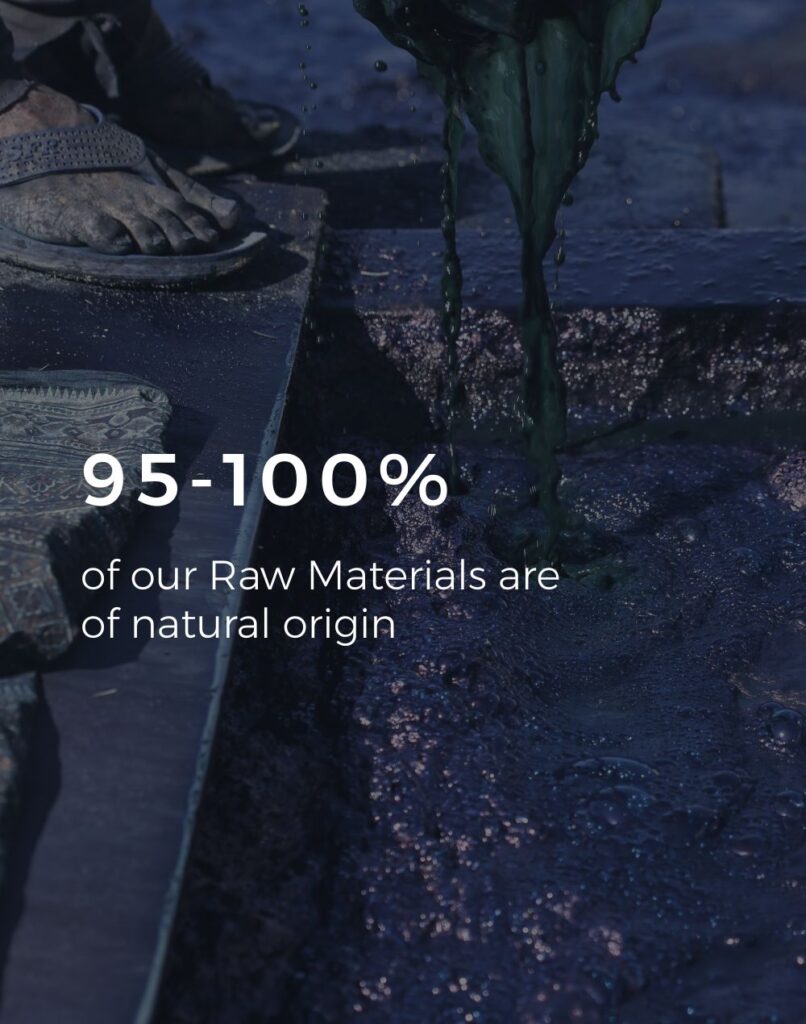
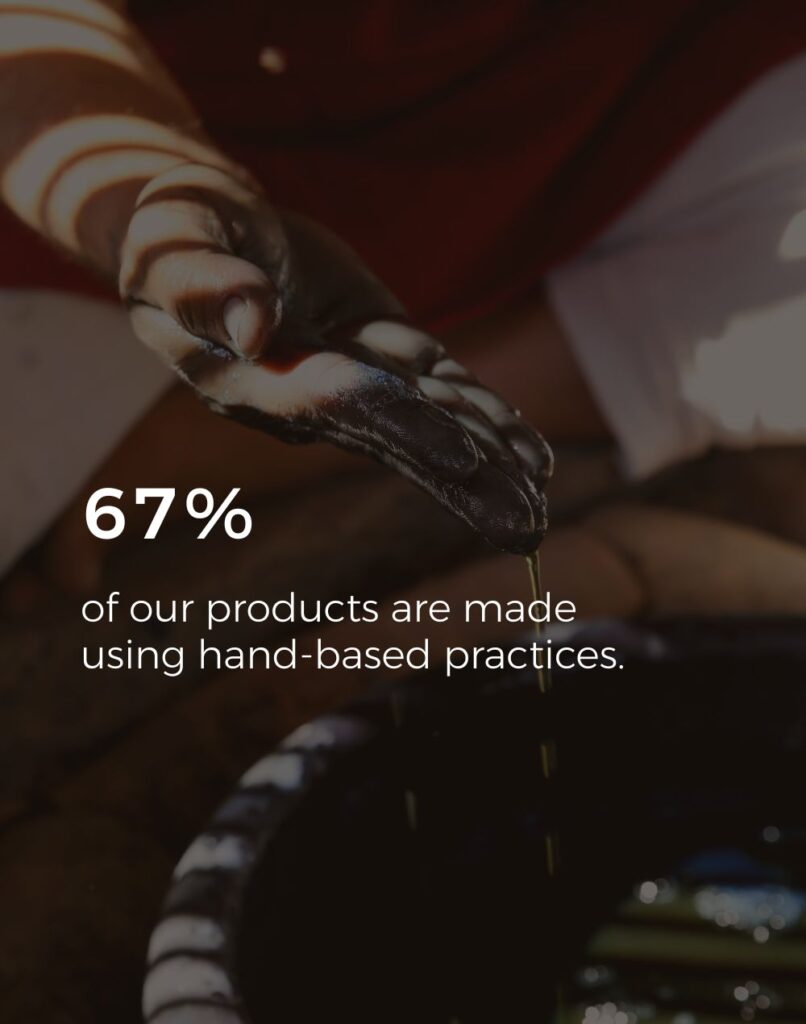
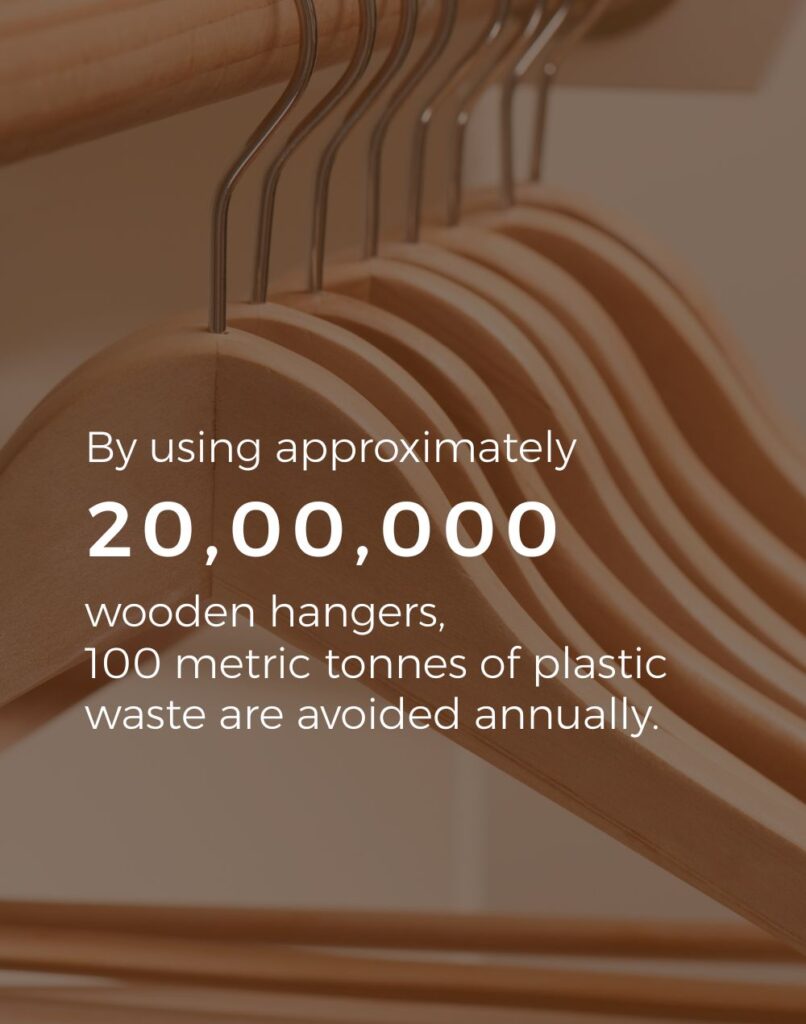
A thoughtful future
Sustainability, for Fabindia, isn’t a campaign or a part of a checklist. It’s a way of thinking. A way of living. It informs how we source, how we design, how we package, and how we support the people who bring our products to life.
As the world moves toward a more conscious way of living, we remain rooted in what we’ve always believed: that care, craftsmanship, and community can lead the way. And that the most meaningful change often begins with small, mindful choices—repeated, respected, and refined over time. Together, these choices can craft not just a product, but a future that is truly sustainable.
